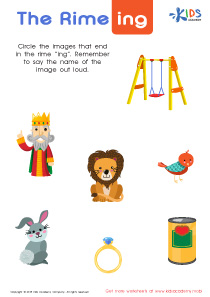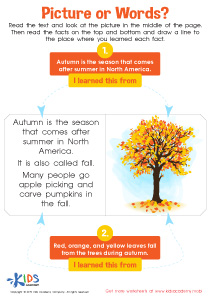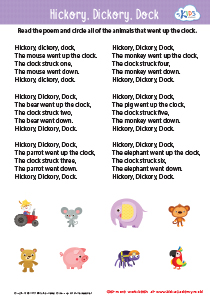Vocabulary enhancement Extra Challenge Reading Worksheets for 3-Year-Olds
6 filtered results
-
From - To
Unlock your child's potential with our Vocabulary Enhancement Extra Challenge Reading Worksheets designed for 3-year-olds. These engaging printables offer a fun and interactive way to boost early reading skills and vocabulary development. Tailored for young learners, each worksheet presents age-appropriate activities that challenge and interest toddlers. Our educational tools provide a sturdy foundation for language mastery, nurturing an early love for learning. Join countless parents and educators who trust our expertly crafted materials to give toddlers an edge in vocabulary and comprehension. Explore and download these worksheets today to set your child on the path to success!
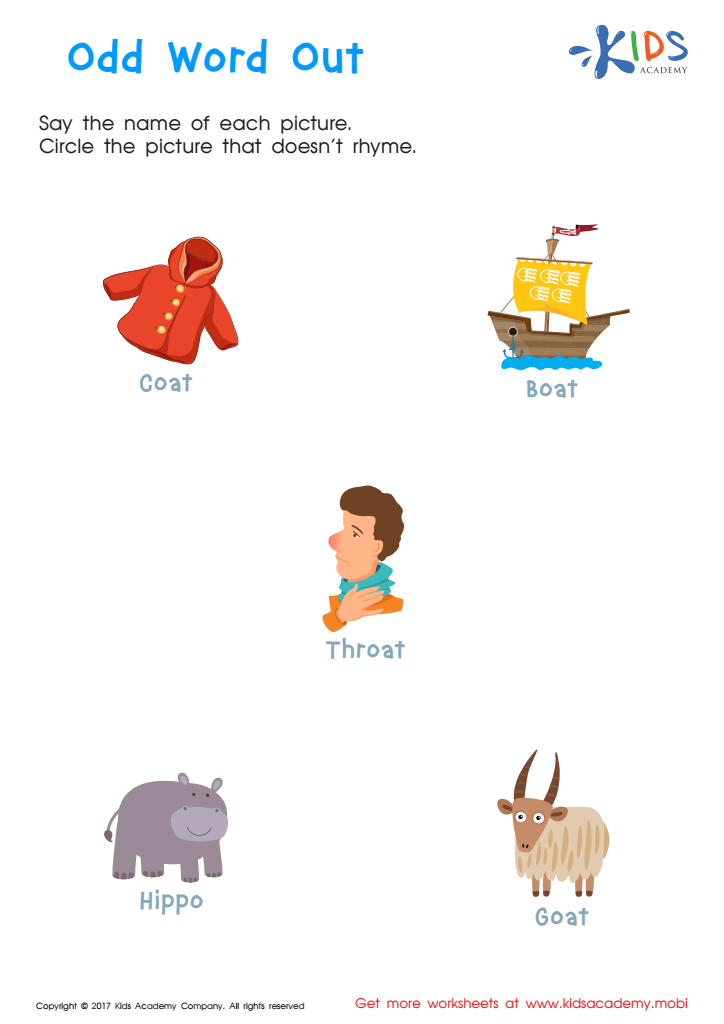

Odd Word Out Rhyming Worksheet
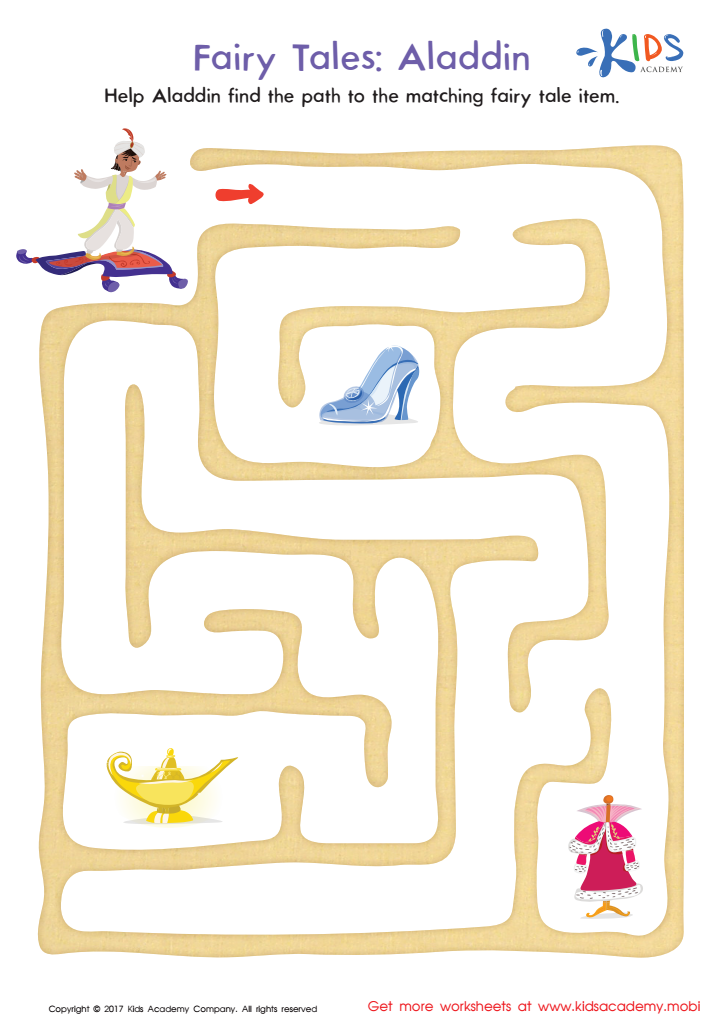

Fairy Tales Aladdin Printable
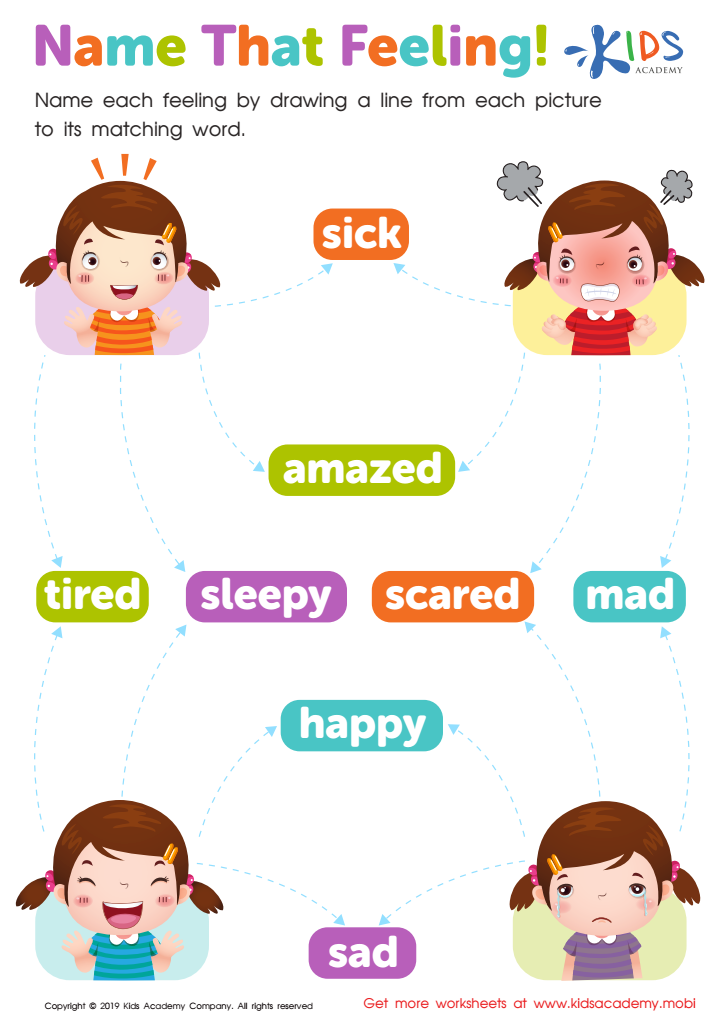

Name that Feeling Worksheet
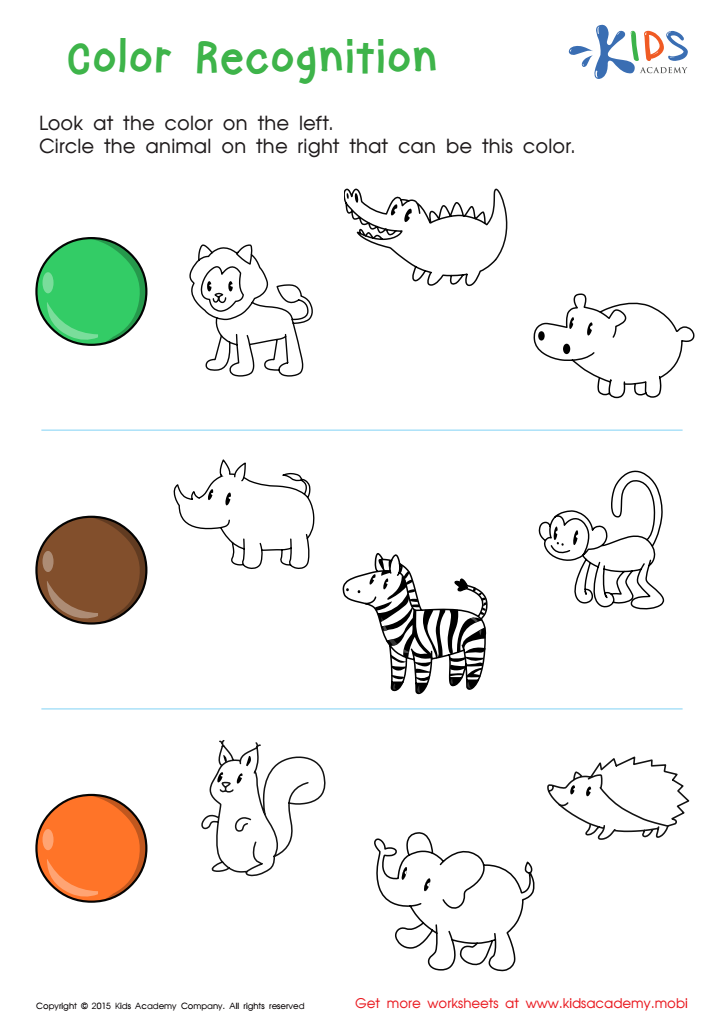

First Words: Color Recognition Worksheet
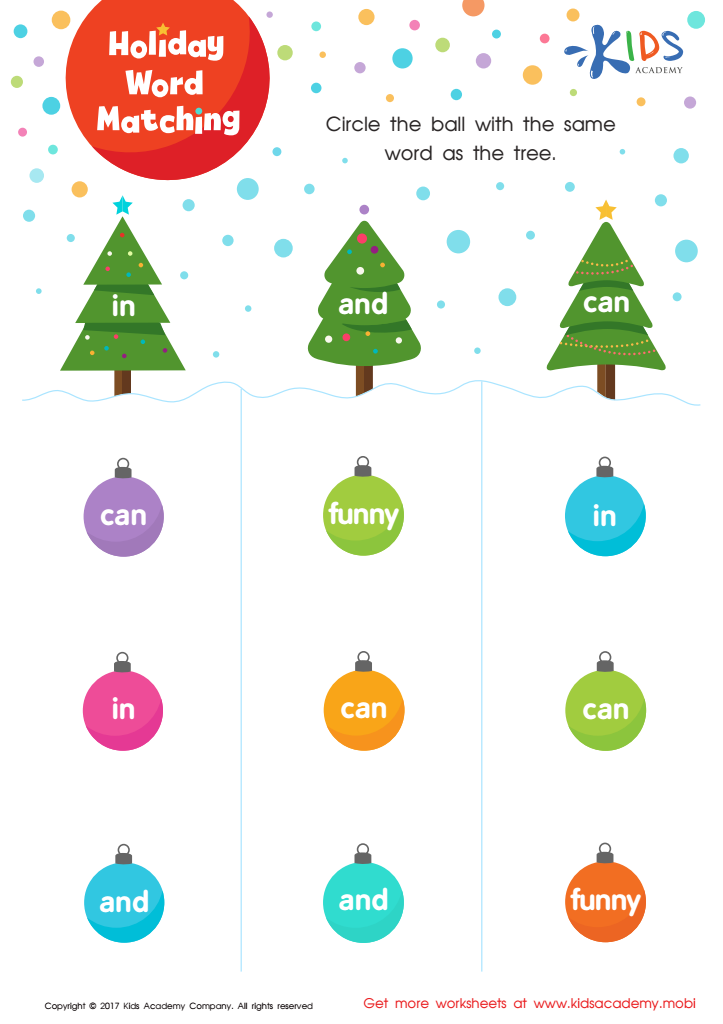

Holiday Word Matching Worksheet
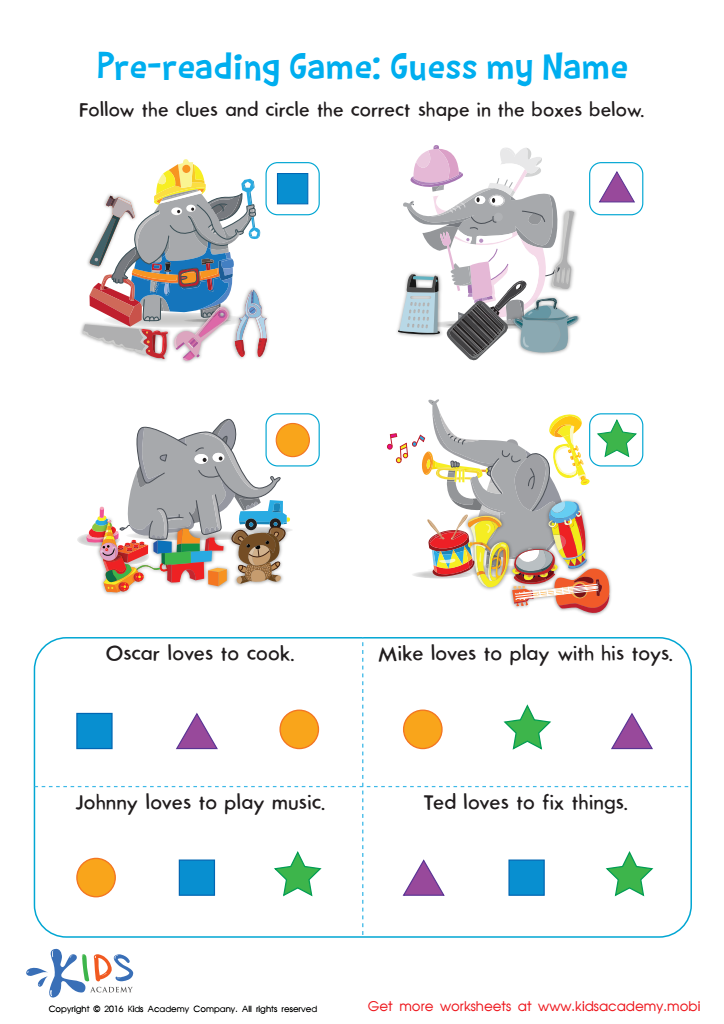

Pre Reading Worksheet Guess My Name
Vocabulary enhancement and extra challenge reading for 3-year-olds are critically important for their cognitive and linguistic development. At this tender age, children are incredibly receptive to learning new words, which forms the foundation for their communication skills. When parents and teachers actively engage in vocabulary-building activities, they are essentially equipping children with the tools to express themselves more clearly and understand the world around them.
Extra challenge reading introduces children to a broader spectrum of words and ideas than they encounter in daily conversations. This exposure helps develop their listening skills, attention span, and comprehension abilities. Furthermore, reading enhances their imagination and creativity, fostering a love for books and learning that can last a lifetime.
Moreover, a rich vocabulary makes the transition to kindergarten smoother by giving children a head start in literacy skills. They become more adept at understanding instructions, asking questions, and engaging in classroom discussions. Early vocabulary enhancement also has a strong correlation with later academic success, including reading comprehension and writing skills.
In essence, parents and teachers who prioritize vocabulary enhancement and extra challenge reading set the stage for robust educational development, effective communication, and lifelong learning, making it a vital part of early childhood education.

 Assign to My Students
Assign to My Students













